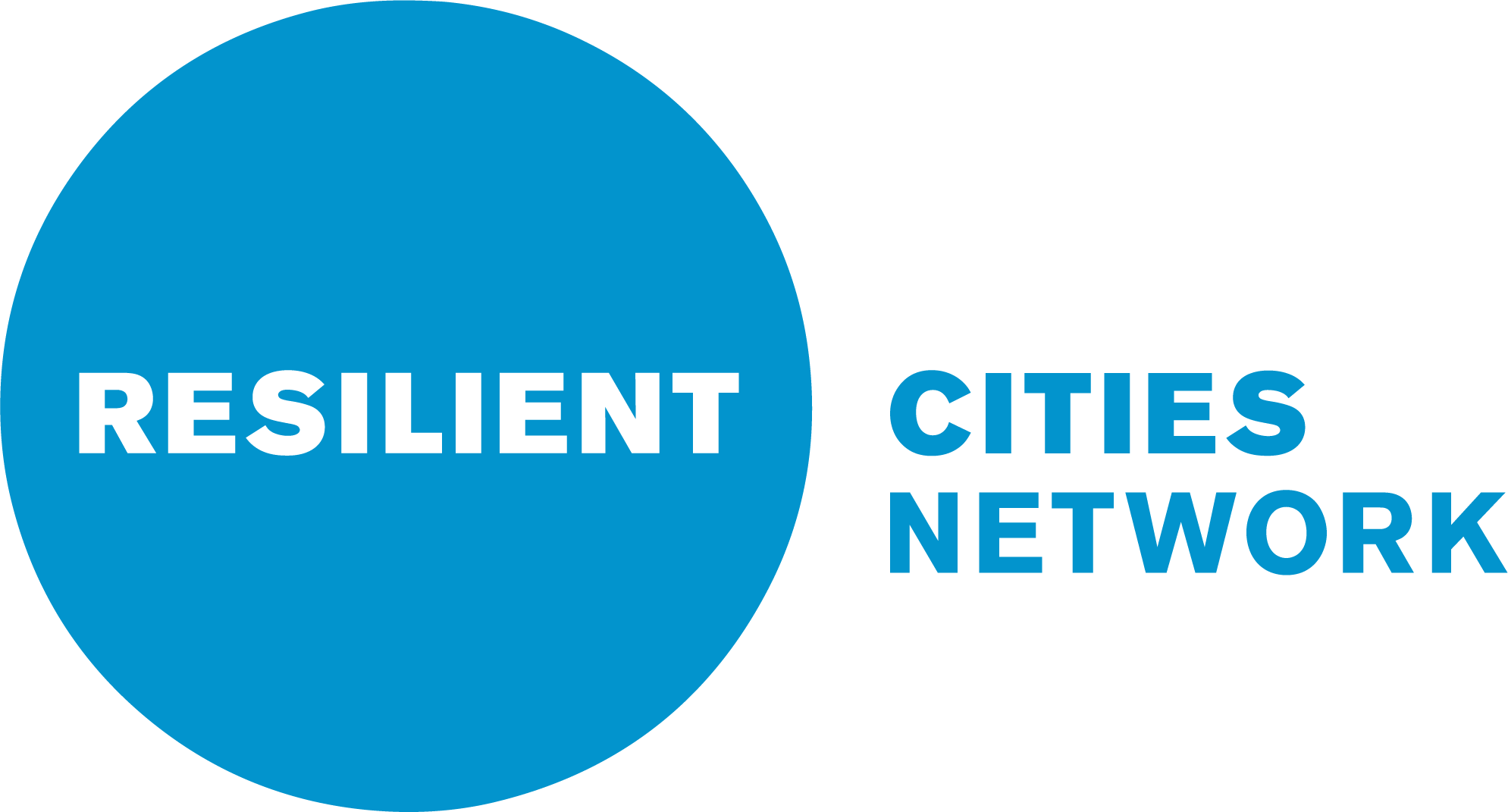
Evolution and expansion of the international city network
The Global Resilient Cities Network (GRCN) consists of the affiliated cities and experts of the former 100 Resilient Cities program. Within the network, the exchange of knowledge about urban resilience will continue to be the core activity of the network, but the role of cities as leaders of the network will be greater. In order to further increase the knowledge of the cities, membership will be expanded to 10 new cities in 2020.
100 Resilient Cities > Global Resilient Cities Network
With a common lens for holistic resilience and thousands of projects in implementation, the new Global Resilient Cities Network is comprised of the members of the former 100 Resilient Cities Program, pioneered by The Rockefeller Foundation. Leveraging the tools and expertise of its membership and a team of former 100 Resilient Cities executives in London, Mexico City, New York and Singapore, the Global Resilient Cities Network supports a thriving community of urban resilience practitioners in 98 cities and 40 countries. Collectively, members of the network represent 220 million city dwellers and 79 endorsed resilience strategies, containing over 4,000 concrete resilience initiatives aimed at building safer, healthier, more equitable, climate-smart and prosperous cities. Read the press release here (https://www.rockpa.org/wp-content/uploads/2020/02/GRCN-WUF-Press-Release-Network.pdf).
Chief Resilience Officers Mike Gillooly, Christchurch, New Sealand en Anne-Marie Hitipeuw, The Hague
“We are responding to a global imperative to reinvigorate a focused and financially sustainable urban resilience practice network, unlocking investment in communities and critical infrastructure,” said Mike Gillooly, the Chief Resilience Officer of Christchurch, New Zealand and Co-chair of the recently established Global Steering Committee of CROs. “In addition, as cities, we are committed to realize the enormous potential to engage with partners to diversify funding and sustain a renewed program.” During the press conference, Anne-Marie Hitipeuw, Chief Resilience Officer of The Hague, explained the added value for The Hague of the GRCN by means of an example. The Hague recognizes that the city is vulnerable to cyber attacks, which could turn off critical infrastructure such as traffic lights. Hitipeuw invited Atlanta to speak in The Hague about the experiences of the ransomware attack that disrupted Atlanta in 2018. “Atlanta shared their experiences and were very open on the lessons that they have to learn and the next steps they have to take became more cyber resilient,” Hitipeuw says. “For us, this openness, transparency, and trust between the different cities — but also the fact that the network is now city-led — is very important.”
The Hague during WUF in panel discussion with the Red Cross on the impact of urban heat
The World Urban Forum (WUF) is organized by UN Habitat and takes place every two years. During the WUF, Anne-Marie Hitipeuw, in collaboration with partners such as GCRN, the Red Cross Climate Center and RVO, contributed to several sessions on resilience, climate adaptation, heat and cyber. The Red Cross Climate Center organized the session: “Heat, the silent killer” where Hitipeuw presented the lessons from The Hague about the increasing impact of heat on The Hague and the fact that particularly vulnerable people are being hit in our city. It resulted in a relevant discussion in which The Hague can learn many lessons from cities worldwide that are struggling with heat.

